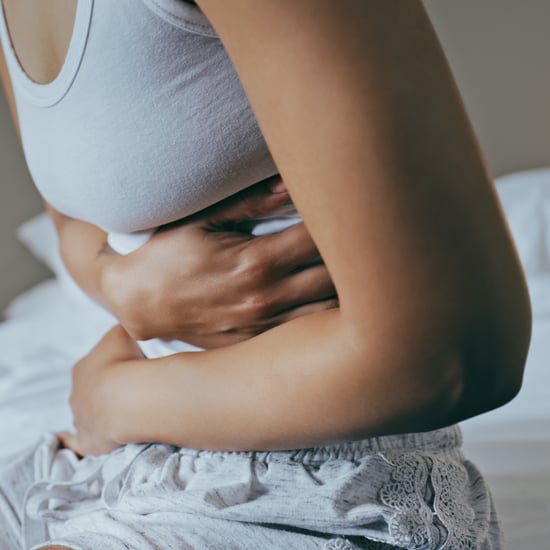New Report Says Endometriosis Care in UK Needs Improvement
A New Endometriosis Report Highlights the UK Government's Lack of Support For Those Suffering From the Disease

On 19 Oct, the All Party Parliamentary Group (APPG) on Endometriosis released a 78-page report in collaboration with Endometriosis UK on how the disease affects people in the UK. The aim of the report is to raise awareness about endometriosis, and outlines recommendations for the UK government not only on how it can better support those living with the disease, but how to speed up the diagnosis process, which for most people can take years. The guidelines also explores the impact COVID-19 has had on endometriosis care, as well as looking into care for those who do not identify as women and those within BAME communities. Over 10,000 people shared their experiences in a survey and 75 of those people also shared their experiences in oral hearings in Parliament.
Sir David Amess MP and chair of the All Party Parliamentary Group on Endometriosis opened the report by saying, "This report is a long-overdue account of how those with endometriosis throughout the UK deserve better when it comes to their healthcare." And he is right; the findings are extensive, and the statistics are shocking.
Ahead, we've broken down the key statistics from the report and the APPG on Endometriosis's recommendations for government change.
APPG on Endometriosis Report Statistics (given prior to the COVID-19 pandemic):
Endometriosis Diagnosis
- On average, it takes eight years for diagnosis in England, 8.5 years in Scotland and Northern Ireland, and 9 years in Wales
- Prior to diagnosis: 58 percent of people visited their GP over 10 times and 41 percent over 15 times
- 53 percent of people went to A&E with symptoms and 27 percent visited A&E three times or more
Endometriosis Treatment
- 46 percent found their GP unhelpful or very unhelpful
- 32 percent found their gynaecologist unhelpful or very unhelpful
- Only 19 percent of people knew that they were seen in specialist endometriosis centres
- 30 percent waited 6 months or more for surgery from when their gynaecologist said they needed it
- 54 percent were not confident that they could get an appointment with a gynaecologist about their endometriosis if they felt they needed to
- 72 percent were not given any any written information when they were diagnosed
Endometriosis Impact
- 95 percent said endometriosis negatively impacted their wellbeing
- 89 percent said it affected their ability to lead life as they want
- 90 percent would like access to psychological support but were not offered this
APPG on Endometriosis Report Recommendations:
- Reduce diagnosis time
- NHS pathways and access to specialist support
- Awareness
- Fertility
- Mental health
- Work and benefits
- Education
- Diversity and inclusion
There is so much more detail in the full report, so do visit the Endometriosis UK website for more information and support. You can also check out our comprehensive guide to endometriosis by clicking here.






